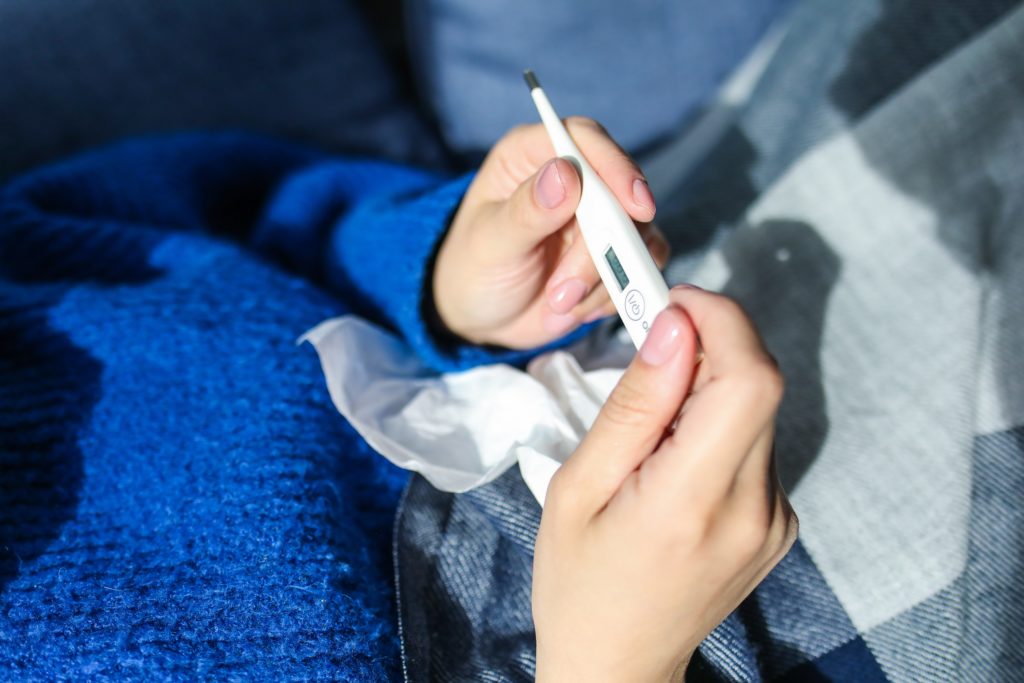Human Resources, Is Featured, Rhode Island
When Rhode Island Employers Must Pay Sick Leave

One issue raised by the coronavirus (COVID-19) is whether an employee who must self-isolate must be paid. Although there is no federal paid sick leave law, 11 states require paid sick leave, including most recently Rhode Island.
Shop Rhode Island Compliance Plans
In the event of a public health emergency, regardless of whether a business or a school or childcare facility closes or an employee must care for themselves or a family member who has been exposed to a communicable disease, under the Safe Families and Workplaces Act, Rhode Island employers must allow 5 days (40 hours) of sick and safe leave time. The leave requirements also apply to preventative care, diagnosis, medical care or treatment for an injury or mental or physical illness for the employee, or care for the employee’s family or household. If an employee or family member is the victim of domestic violence, sexual assault, or stalking, the leave requirements also apply.
Paid or Unpaid Leave
Whether the leave is paid or unpaid depends on the size of the employer. The Healthy and Safe Families Workplaces Act requires Rhode Island employers with 18 or more employees to provide paid sick leave, while smaller employees do not have to provide payment for the time off work.
Coverage for Most Employees
Nearly all employees, including temporary and seasonal employees, will qualify to earn leave, with the exception of federal, state, or local government employees; unpaid interns; certain employees licensed to practice nursing, and certain other employees exempt under the Rhode Island Minimum Wage law. Independent contractors and subcontractors are not covered.
Accrual of Sick and Safe Leave Time
Employers whose paid leave or paid time off (PTO) policies are equal to or greater than the requirements under the Rhode Island law are exempt, although they must still ensure their policies comply with the law, including notice, documentation, and coverage requirements
Employees begin to accrue sick time on their first day of employment at a rate of one hour for every 35 hours worked. Employers can require a 90-day waiting period before new hires may use the leave, although they can begin accruing the leave on the day they begin work. Employers may require longer waiting periods for temporary employees (180 days) and seasonal (150 days) employees.
Using Sick and Safe Leave
Employers are entitled to notice if the reason for the leave has been planned at least 24 hours in advance. In case of emergencies, employees must give notice as soon as reasonably possible. Employers may not ask the reason for using the leave, with the exception of the impact of the Rhode Island Food Code. Employers must maintain employee confidentiality. Employers can require documentation for an absence of more than 3 consecutive days.
A few additional rules apply:
- Employers can establish a minimum block of time to use sick leave, up to a 4-hour maximum block.
- Employees may be disciplined for fraudulent misuse of leave, but employers may not take any adverse actions for an employee’s legal use of their earned sick and safe leave.
- Employers must let employees carry over their unused paid sick leave, or they can pay employees for their accrued time.
For the latest in labor law compliance requirements, please stay tuned to our blog.
